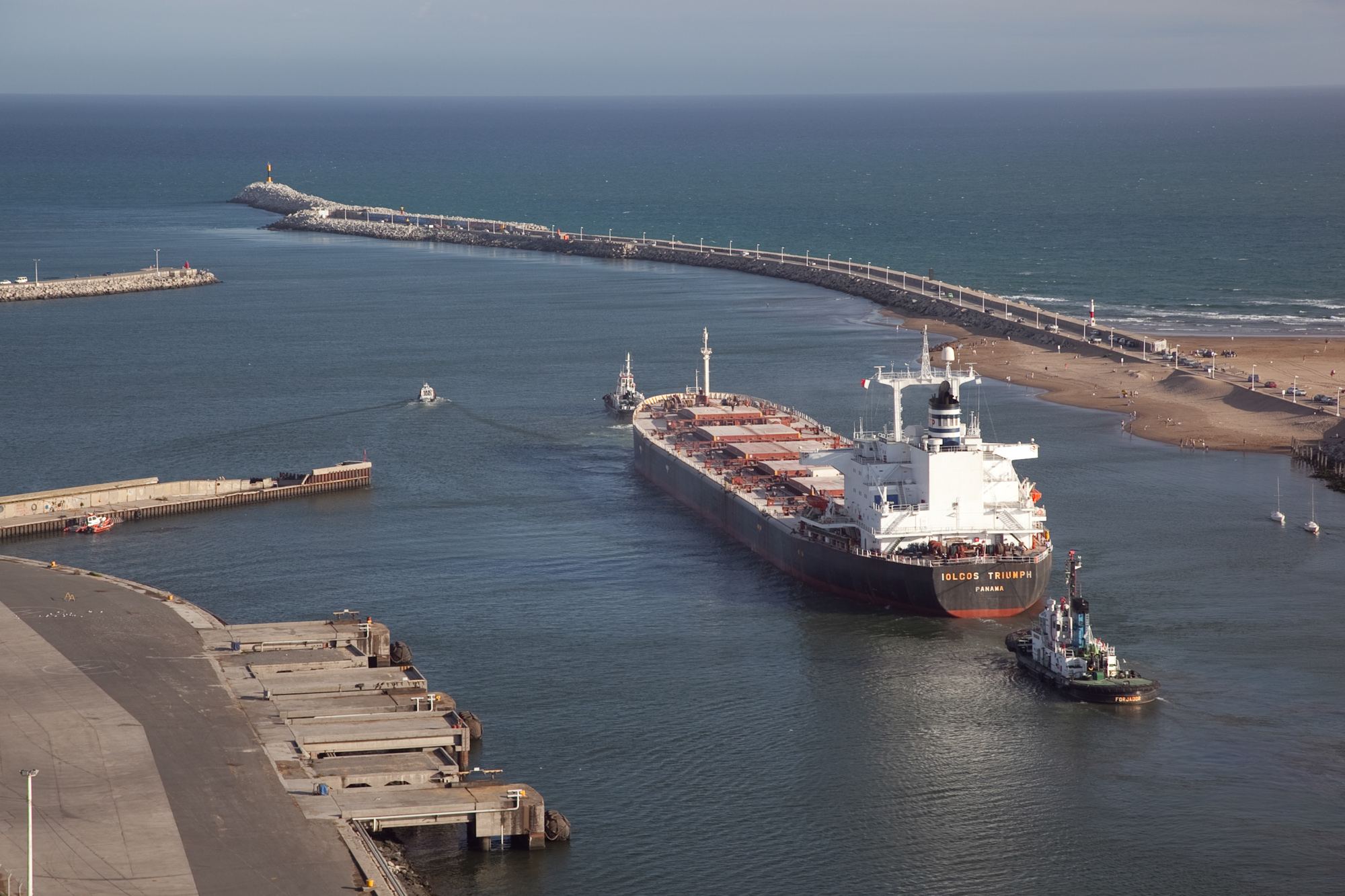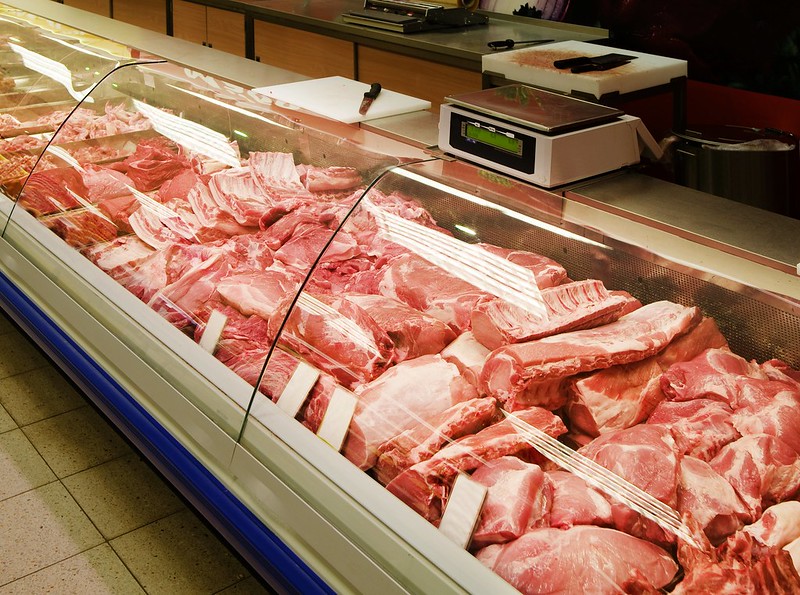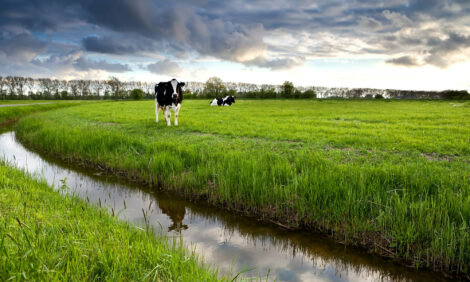



Tensions build in Argentina’s farm sector over government meat export ban
Argentine farm groups will halt trading of livestock in protest against a 30-day government ban on meat exports aimed at bringing down domestic prices.
Reuters reports that Argentina’s main producer groups issued a joint statement saying that would cease livestock trading on 18 May.

The South American country's center-left Peronist government unveiled the “emergency measure” to tamp down high inflation on 17 May, putting it on a potential collision course with the powerful farm sector that drives exports.
The country's four main rural associations said in a statement they would launch a nine-day halt in livestock trading starting on 20 May in protest and could take further measures.
"The path and the decisions that the executive branch is taking are deeply wrong," Jorge Chemes, president of the Argentine Rural Confederations (CRA), one of the four farm associations that launched the protest, told a press conference.
"This is the beginning of a raft of measures."
The standoff underscores the fragile balance the government needs to strike between supporting farm exports that bring in much-needed foreign currency and bringing down damaging runaway inflation that is set to near 50% this year.
The tension also reflects mounting global concerns about rising food prices that have seen other countries move to control exports too, including top wheat producer Russia which has imposed an tax on exports of the grain.
The farm sector, dominated by grains including soy and wheat, has a history of clashes with Peronist governments over tax hikes and export caps, including with former President Cristina Fernandez de Kirchner, who is now Vice President.
Chinese exports
Argentina is the world's number-five beef exporter and has been increasing sales to markets like China, which has bolstered the country's ranchers but stoked fears about inflation, especially with poverty levels soaring amid a long recession.
The country exported some 897,500 tonnes of beef in 2020 worth around $2.7 billion, official data show. Over half of that went to China. In March shipments to China rose 8.3% year-on-year to $225.8 million, according to statistics from the Institute for the Promotion of Argentine Beef.
President Alberto Fernandez has in recent weeks criticized rising local beef prices and pointed to profit making by exporters who can charge higher prices to overseas buyers.

Omar Perotti, the governor of important farming province Santa Fe and part of the ruling coalition, said that the export ban was not the way forward and that it could harm the sector.
"The solution is to increase production and not close exports," he wrote on Twitter. "We have the conditions to supply the internal and external market, maintaining the possibility of exporting our products to the world."
Shares in Brazilian meatpackers Marfrig and Minerva slid on 18 May after their operations in Argentina were hit by the ban.
Argentina is famed for its cattle ranches and sizzling cuts of steak, which are a central part of the local social fabric, with many gatherings of families and friends held around the "parrilla" barbecue grill at the weekend.
However, rising meat costs have come under fierce scrutiny in recent months. Some consumers - already hit hard by three straight years of recession - say they are no longer able to afford beef. Inflation has sapped growth and spending power.
Read more about this story here.
Source: Reuters


